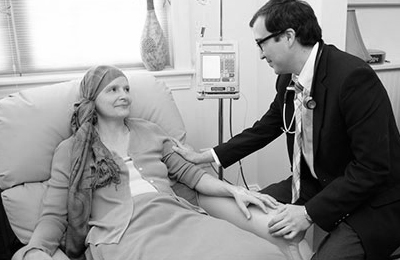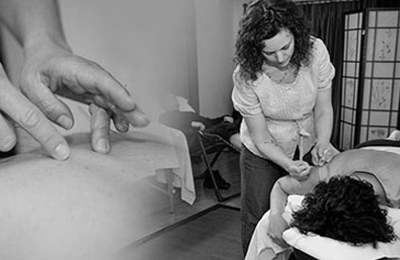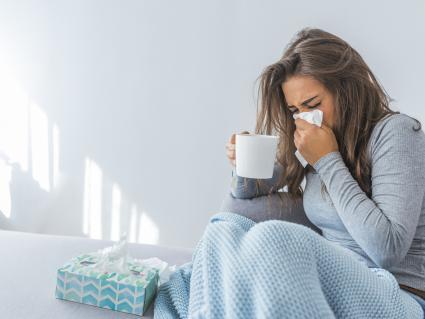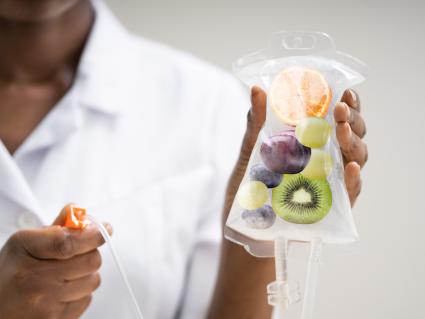An Interview with Dr. Stram: How Effective are the Current Conventional Treatments for Lyme Disease?

In this interview, we asked the founder of the Stram Center, Dr. Ronald Stram, how effective current antibiotic protocols are in regard to Lyme disease treatment. Dr. Stram has devoted his career to those suffering from chronic illnesses, specifically tick-borne diseases. Since 2003, the Stram Center has served nearly 10,000 patients suffering from Lyme disease all across the globe. Dr. Stram discusses how ineffective and potentially dangerous a single dose of doxycycline is without the proper testing of the tick species, and careful evaluation of the symptoms now and over the next three months. Furthermore, Dr. Stram reviews antibiotic effectiveness, and the Stram Center’s unique approach to treatment.
If you just got bit by a tick, now what should you do?
If you notice a red mark on your skin, regardless of the duration of the bite itself, the infection could be present in your body. Even with a tick attachment of fewer than three hours, disseminated Lyme disease is still a risk. So, if you find a tick on your skin, you should test it immediately through the 6-panel test on www.tickcheck.com.
How about taking a single dose of doxycycline after a tick bite?
The use of a single dose of doxycycline was initially established as a treatment for a tick bite from a small, limited study. There was only a 4-week follow-up after the initial infection; therefore, the study lacked the needed long-term research to demonstrate the complex challenges of this disease. The onset of clinical symptoms can take anywhere from 1-3 months to occur. Therefore the 4-week follow-up is not sufficient for an accurate treatment plan because you would be missing a significant number of potential symptoms that progress after four weeks.
Is a single dose of doxycycline potentially dangerous?
Multiple species need to be addressed in tick-borne illness diagnosis and treatment options. For example, the Babesia and Bartonella species need different antibiotic prophylaxis and treatment than the Lyme or other Borrelia-like species. Imagine you were given one dose of doxycycline after a tick bite, or just three weeks of treatment for your tick bite and supposed Lyme prophylaxis, however, that tick was from Babesia or Bartonella. Now fast forward a few weeks later, after your single dose of doxycycline, and you have additional progressive symptoms. You have a medical team telling you that there is no way that your symptoms are Lyme disease because your treatment was adequate; you feel unheard. This is why understanding the breadth of symptoms and the need for testing of other coinfections is so critical for identifying the diagnoses.
Are Antibiotics Effective for Lyme Treatment? If so, what duration?
The Lyme bacteria is one of the slowest growing bacteria known to humankind; it only starts to replicate after around seven days after the infection. After that, they double in population every 1-2 days. Antibiotics kill bacteria when they replicate. Therefore, if the replication is slow, it will be necessary for the duration of treatment to capture the growing bacteria. If you give a patient the antibiotics before the bacteria has replicated, they are not effective. This is why even a short course of antibiotic therapy for tick-borne illnesses is most likely inefficient against this slow, deliberate, and stealth-growing bacterium. The use of antibiotics before the bacterium has replicated can encourage the persistent form of the bacteria. This persistent state of the Lyme bacteria may not be activated out of dormancy until some other immune-complicated reaction occurs, such as COVID-19.
So how do you treat Lyme at the Stram Center?
At the Stram Center, my team and I follow integrative protocols that involve a complete analysis of our patients in every aspect of their health. We create customized treatment plans based on dietary changes, including gluten-free, anti-inflammatory, or dairy-free diets; we assess the need for antibiotics when appropriate, including IV antibiotics; and we also recommend herbal supplements, as they are essential in supporting the whole body during your treatment. I am truly honored to help those suffering from this disease; integrative medicine celebrates the physician-patient relationship, nurtures this partnership, and empowers the healer within.
The next series in our May newsletter on Lyme disease will focus on testing and specific treatment protocols that we offer.
Related Blog Posts

How to Recognize and Prevent Lyme Disease
This month is Lyme disease awareness month. As the number of cases continue to increase year after year, one must be knowledgeable about how to recognize and prevent this elusive and challenging disease. Lyme disease is a spirochetal bacterial infection transmitted by deer ticks. In the late 1970s in Lyme, Connecticut, a group of children started having symptoms that included rashes, fevers,…Read the Post
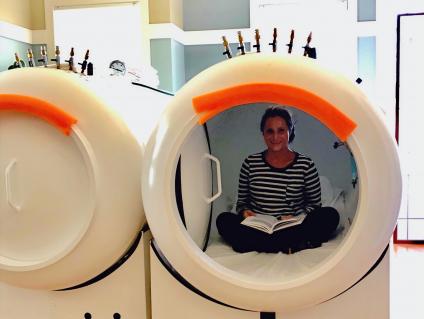
Lyme Disease and Hyperbarics | Turning the Corner on Treatment
The healing benefits of Hyperbaric Oxygen Therapy (HBOT) and Lyme.Read the Post
Evolving Objectives in the Treatment of Lyme Disease
As often happens in medicine, scientific evidence evolves; the continual flux of new patients with symptoms suggestive of Lyme disease is growing and new research has proven that Lyme disease is more complex and prevalent than we thought. The time has come to move beyond the divisiveness of the past, listen to the suffering of our patients and their families and move forward with all sides of the…Read the Post

Nutrition, Food Sensitivities, and Lyme Disease
When it comes to nutrition for Lyme disease treatment, we know that every person with Lyme disease and/or tick-borne illness experiences different symptoms.Read the Post

The Role of Food and Supplements in Detoxification During Lyme Disease Treatment
The liver is the most important organ for the daily required detoxification process in order to maintain health and balance. Since the early 1950s more than 90,000 new chemicals have been developed, increasing our environmental burden. In addition to having to contend with these daily environmental toxins in the air, our water and food, the liver must metabolize the end product of medications…Read the Post
Related Services
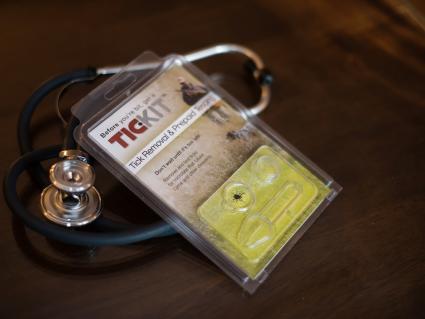
Lyme Disease
Lyme Disease Diagnosis and Treatment in Delmar NY and Burlington VT offices At the Stram Center we vow to continue our education on Lyme Disease research, stay up to date on the most effective testing and all the safe available therapies. Moreover, our years of experience in treating patients according to the whole person-integrative medicine approach allows us the most effective way to care…Lyme Disease

